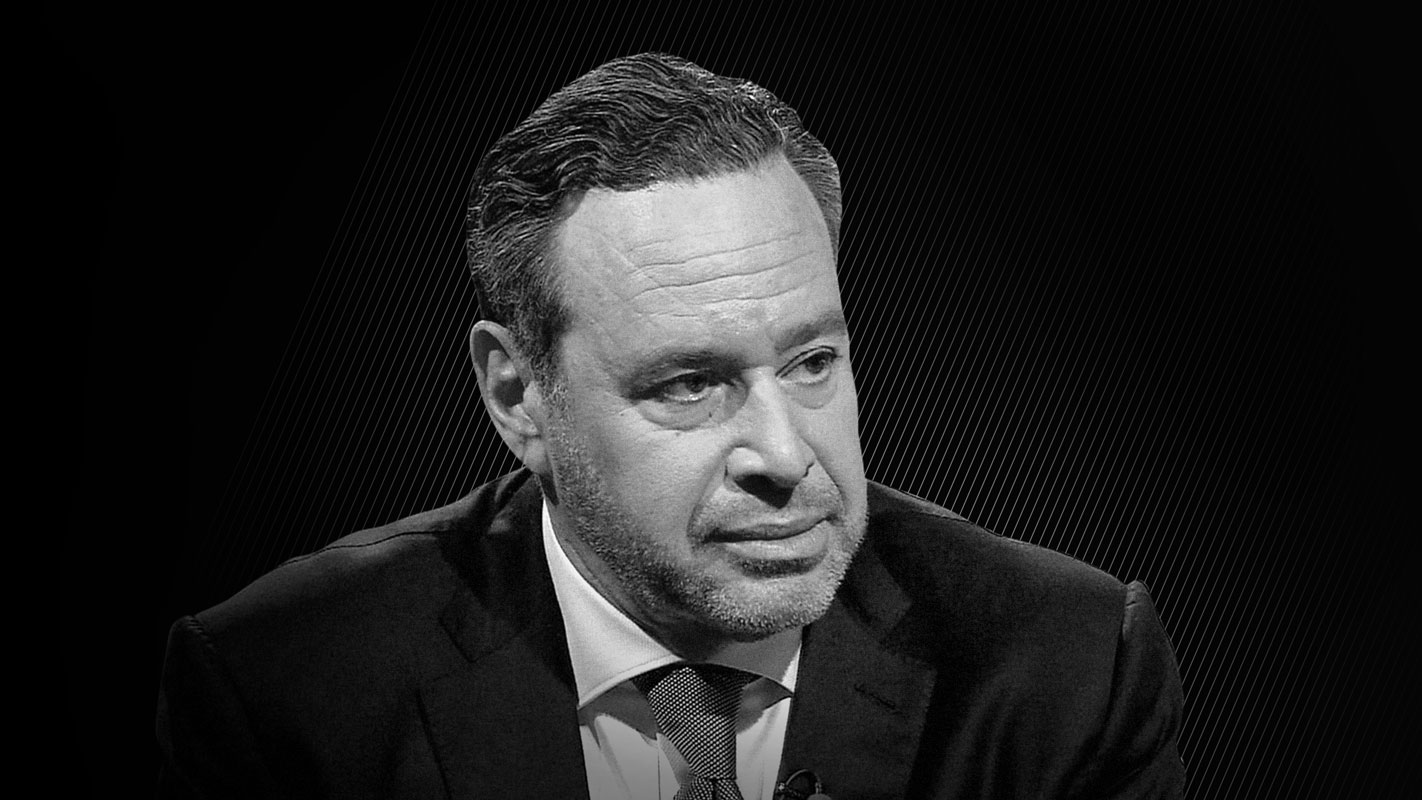
Mike Pence on Leadership and the Future of the Republican Party
Former US Vice President Mike Pence looks back on the events of January 6 2021, his final days in office with President Trump and his…
Thought Leader: Mike Pence

No matter what Attorney General William Barr reveals—or doesn’t—about Special Counsel Robert Mueller’s report, everything Congress needed to know about Donald Trump and Russia was already clear.
October 7, 2016, was the near-death experience of the Trump campaign. That Friday afternoon, David Fahrenthold of The Washington Post reported on an Access Hollywood tape in which Trump boasts of grabbing women. The shock battered the campaign. Speaker of the House Paul Ryan declared publicly that he was “sickened” by Trump, canceled a joint appearance with him, and declined to answer whether he still supported the Trump candidacy.
Less than one hour later, WikiLeaks dumped its largest and most damaging trove of hacked emails to and from Democratic operatives. It included two emails sent years before to the future Hillary Clinton campaign chairman John Podesta. The messages criticized the teachings of the Catholic Church on women and sexuality. The Trump campaign instantly seized on them as proof of the Clinton campaign’s supposed anti-Catholic animus—a useful weapon to help erase memories of Trump’s Twitter attacks on the pope earlier in 2016.
Even more lethally, the trove included extracts from Clinton’s lucrative speeches to banking groups. In one of those speeches—sponsored by a Brazilian bank—Clinton expressed her hope for a “hemispheric common market, with open trade and open borders, sometime in the future, with energy that is as green and sustainable as we can get it, powering growth and opportunity for every person in the hemisphere.” In another speech in the trove, Clinton suggested that many politicians hold “both a public and a private position” on contentious issues—implying that public words cannot be trusted.
The huge dump took a while to be analyzed and absorbed. It did not immediately displace the salacious Access Hollywood story from the top of the news.
But by the second week of October, WikiLeaks was profoundly engaging the U.S. voting public. Using the Google Trends tool, the website Five Thirty Eight tracked how public interest in the hacked emails surged. Not coincidentally, it seems, Clinton’s poll lead over Trump peaked on October 17, and steadily shrank thereafter. FBI Director James Comey’s October 28 letter reopening the Clinton email case delivered the final blow to the reeling Clinton campaign.
This timeline is one thing to keep in mind as details emerge from the Mueller report.
It’s not a theory but a matter of historical record that Vladimir Putin’s Russia hacked American emails and used them to help elect Trump to the presidency.
It’s not a theory but a matter of historical record that agents purporting to represent Putin’s Russia approached the Trump campaign to ask whether help would be welcome, to which Donald Trump Jr. replied, “If it’s what you say I love it especially later in the summer.”
It’s not a theory but a matter of historical record that Donald Trump publicly welcomed this help: “I love WikiLeaks!”
It’s solid political science that this help from Russia via WikiLeaks was crucial, possibly decisive, toTrump’s success in the Electoral College in November 2016.
Mueller was asked to investigate how much the Trump campaign knew in advance about this Russian help. Along the way, the special counsel also apparently became interested in the question of why Putin was so eager for a Trump presidency. Did Putin have some kind of prior hold over Trump, financial or otherwise?
For two years, Americans and the world have speculated and argued about the inquiry. But along the way, we have often lost sight of the core truth of the Trump presidency: For all its many dark secrets, there have never been any real mysteries about the Trump-Russia story.
The president of the United States was helped into his job by clandestine Russian attacks on the American political process. That core truth is surrounded by other disturbing probabilities, such as the likelihood that Putin even now is exerting leverage over Trump in some way.
Along the way, we have also lost sight of something that I warned about here in The Atlantic in May 2017: It’s very possible that Trump himself broke no criminal law in accepting campaign help from Putin. This ultra-legalistic nation expects wrongdoing to take the form of prosecutable crimes—and justice to occur in a courtroom.
But many wrongs are not crimes. And many things that are crimes are not prosecutable for one reason or another—for instance, when a statute of limitations expires.
Mueller served his country by advancing the inquiry into Trump-Russia at a time when Trump’s enablers in Congress sought to cover up for the president. Since the midterm elections, Congress has regained its independence and can recover its integrity. Mueller’s full report will surely inform and enlighten Americans about many details of what exactly happened in 2016. But the lack of further indictments by Mueller underscores that the job of protecting the country against the Russia-compromised Trump presidency belongs to Congress. It always did.
Mike Pence on Leadership and the Future of the Republican Party
Former US Vice President Mike Pence looks back on the events of January 6 2021, his final days in office with President Trump and his…
Thought Leader: Mike Pence
Marc Short on U.S. Investment in Critical Minerals
Why do critical minerals matter now? Marc Short explains how U.S. investment in critical minerals fits into a broader strategy around economic security, manufacturing, and…
Thought Leader: Marc Short
Marc Short on AI Policy and the Government’s Role in Chip Technology Investment
On CNBC, Marc Short breaks down the role of AI policy and how government investment is shaping the future of chip technology. A former Chief…
Thought Leader: Marc Short

